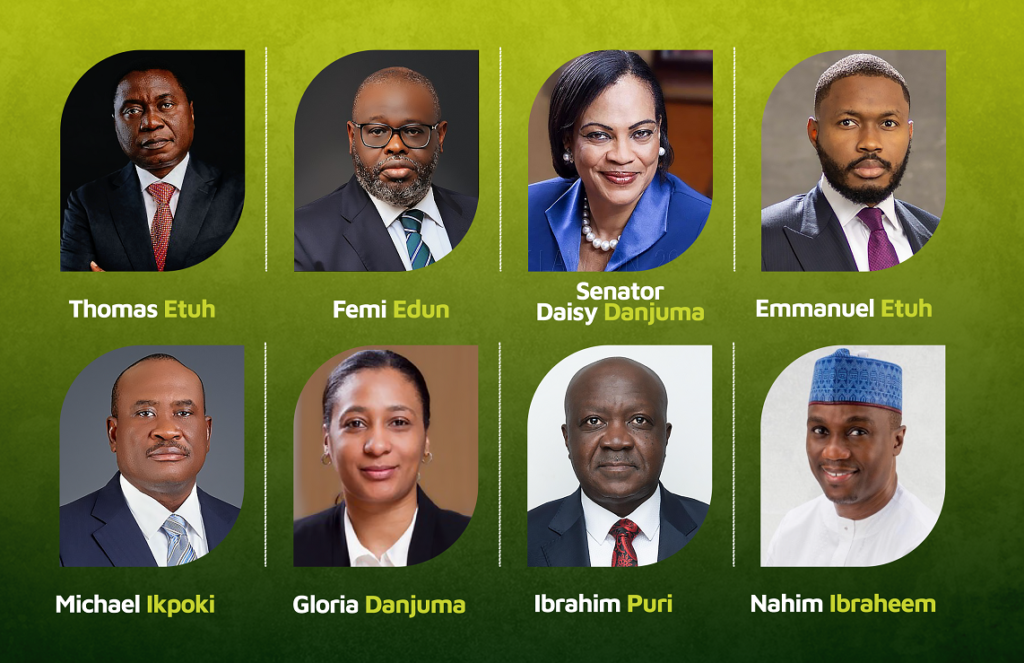Special Adviser to the President on Policy and Coordination, Hadiza Usman, says innovation in data and statistics has become central to building a just, peaceful, inclusive and prosperous Africa.
Usman stated this on Tuesday in Abuja during the commemoration of the 2025 African Statistics Day, themed “Leveraging Innovation in Data and Statistics to Promote a Just, Peaceful, Inclusive and Prosperous Africa.”
She said the theme reflected current realities on the continent, where technological advancements were transforming how data was produced, analysed and applied in governance.
Usman noted that the world had entered a new era defined by rapid advances in artificial intelligence, geospatial analytics, mobile-assisted surveys, machine learning and digital data systems.
She recalled President Bola Tinubu’s 2025 statement that “without data, we are flying blind,” adding that evidence-based decision-making now sits at the centre of the administration’s Renewed Hope Agenda to ensure policies and investments are guided by accurate, reliable information.
According to her, rising public demand for transparency has made it imperative for governments to take faster, fairer and more defensible decisions, something traditional paper-based systems can no longer support.
“Innovation gives data speed, scale, precision and predictive power. Interactive dashboards and real-time visualisation tools guide government leaders and policymakers in taking targeted and effective decisions.
“Journalists, researchers and citizens can also access portals that allow them to explore and interrogate data, hold government accountable and deepen transparency, accountability and trust,” she said.
Highlighting the broader impact of innovation, Usman said modern data systems were essential for achieving justice, peace and inclusion.
She explained that disaggregated data exposes inequalities and directs resources to vulnerable groups, while conflict-sensitive data supports early warning systems capable of identifying social tensions, hate speech and resource-based pressures.
“Through gender-disaggregated, disability-sensitive and conflict-related data, we can drive justice by design, not by chance.
“Through innovative data, societies can take early action rather than late reaction,” she said.
Usman added that inclusive data collection methods now make it easier to reach remote communities and capture diverse voices, leading to policies that strengthen national unity and patriotism.
She commended the National Bureau of Statistics (NBS) for adopting automation, digital tools and advanced analytics to modernise Nigeria’s data systems.
Usman noted that collaboration between her office and the NBS since early 2024 had strengthened partnerships, improved technical capacity and aligned statistical outputs with national priorities across the eight presidential priority areas.
As part of ongoing reforms, she said she had written to ministries requesting lists of data sets not yet captured by the NBS to help expand the national statistical framework.
Usman urged government institutions, technology firms, academia and civil society to invest in statistical systems, describing data as “the infrastructure of development.
“A just Africa, a peaceful Africa, an inclusive Africa and a prosperous Africa are within our reach, and innovation in data remains one of the surest paths toward achieving them,” she said.
Also speaking, Austin Anyakorah, Director of Corporate Planning and Statistical Planning Coordination at the NBS, said African Statistics Day was celebrated annually on November 18.
He said the day aimed to raise awareness of the role of statistics in shaping socio-economic development across the continent.



























